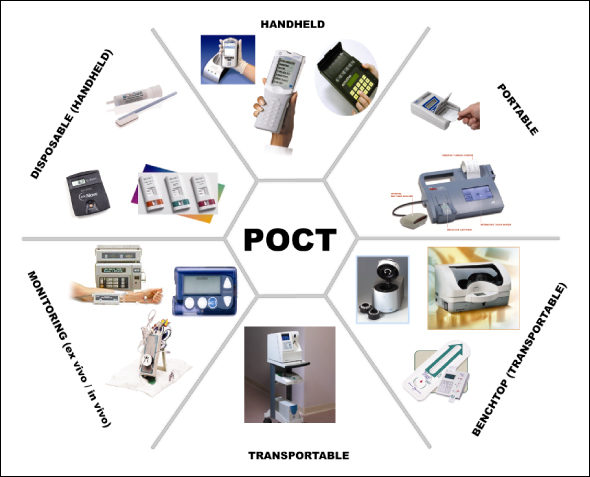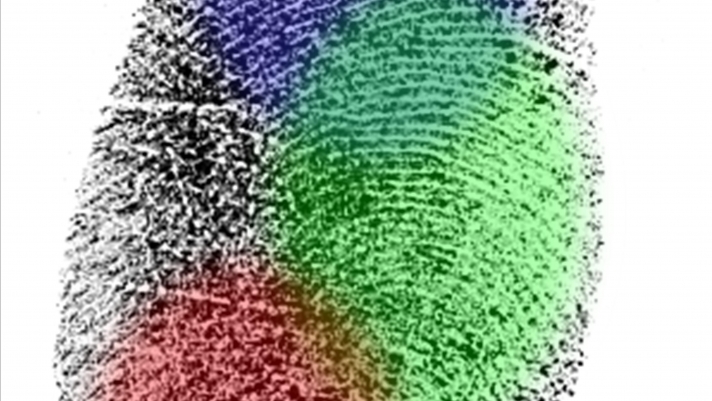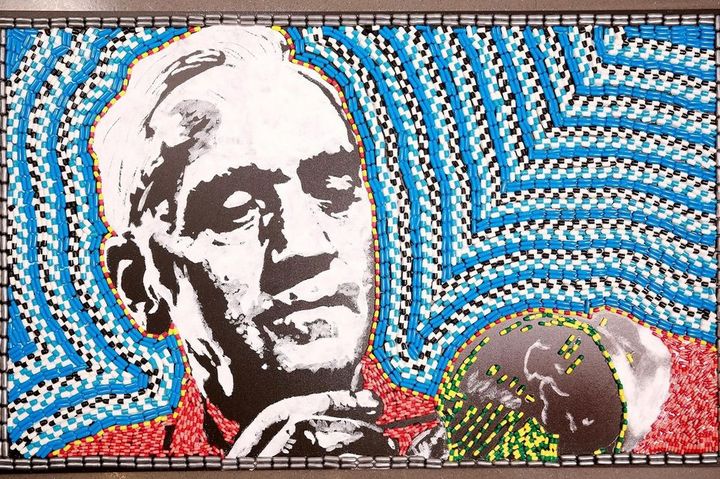
First discovered in 1928 by Alexander Fleming, the development of antibiotics revolutionized the field of medicine. Their use to combat infections that were once considered untreatable increased the average life expectancy of a person by 20 years. And alongside the discovery of vaccines, they have led to the near elimination of diseases like tuberculosis in the developed world.
However, the widespread use and abuse of these drugs has caused bacteria to evolve resistances, leading to the emergence of untreatable "superbugs" that threaten to undermine the very basis of modern medicine. If antibiotic drugs no longer work, people could die from simple infections which are currently treatable, leading to an age that the WHO describes as a "post-antibiotic era".
Luckily, this year’s Longitude Prize is dedicated to this very problem, an inducement award that carries on in the spirit of the 18th century prize of the same name. At the time, the British government was looking for a practical method to determine a ship’s longitude to assist in navigation. Eventually, the prize of £10,000 (worth over £2 million today) was collected in 1765 by John Harrison, the inventor of the chronometer.
By contrast, the 2014 Longitude Prize seeks to award £10 million (approx. $15.25 million US) to anyone who can develop a diagnostic tool for better delivery of antibiotics. The Prize is being offered by Nesta – a British lottery funded charity - with additional funding support from Innovate UK (a British public agency responsible for encouraging innovation) and the British Broadcasting Corporation.

In 2012, Prime Minister David Cameron first announced the updated prize to the world. To mark the opening of the competition, artist Nathan Wyburn was commissioned to do a portrait of Alexander Fleming, inventor of penicilin (shown at top). The portrait was created using 25,000 pill capsules, which represents the amount of antibiotics dispensed every five hours on average in the UK.
Since that time, Nesta’s Centre for Challenge Prizes and Lord Martin Rees – a British cosmologist and holder of the office of Astronomer Royal - have worked to create a committee to establish the prize. This committee includes such luminaries as Dame Sally Davies (the Chief Medical Officer of England), Baron Peter Piot (a Belgian microbiologist famous for his research into Ebola and AIDS), and Professor Alice Roberts - author, television personality, and Professor of Public Engagement in Science at the University of Birmingham.
After a public vote, the committee established six categories for the Prize. These include Flight, where teams are encouraged to look for environmentally-sustainable options for air travel; Food, where teams would address the dual challenges of combatting malnutrition while promoting sustainability; Antibiotics, which involves preventing the rise of drug-resistance bacteria; Paralysis, where teams will research new ways to restore mobility and ability. to patients suffering from spinal injuries; Water, which will address the need for universal access to clean drinking water; and Dementia, which will focus on looking for ways to help elderly persons live longer, more independent lives.
Following another public vote, the announcement was made on the 25th of June that the 2014 Prize would be awarded for antibiotics. During the announcement, Prime Minister David Cameron issued the following statement, in praise of the British sciences and biotech sector:
"I am looking to this sector to lead an urgent response to thae threat of antimicrobial resistnce, which if left unaddressed could cost millions of lives across the world. I'm delighted that the British public have decided that the Longitude Prize should focus on tackling antibiotic resistance, and I look forward to hearing more about how we can work to solve this challenge."

Ultimately, the challenge is to create a cost-effective, accurate, rapid, and easy-to-use test for bacterial infections that help health professionals either rule out antibiotic use, or help them to identify the most effective antibiotic to treat the patient. Specifically, the prize's organizers are looking for a new line of point-of-care test kits, similar to what is currently available for TB and HIV testing, which they hoped will lead to an overall reduction in misdiagnosis and prescriptions.
As Alice Roberts said of the challenge: "One of the things we need to do is come up with new drugs. The other is to tackle over-prescription. Perhaps one idea is to very quickly and rapidly diagnose somebody to tell the difference between a bacterial infection and a viral infection. We're treating viral infections with antibiotics which are useless."
The Prize became open for submissions on November 18th, 2014; and the number of teams has since grown to twenty-five. Competitors hail predominantly from England, but teams from India and the US are also in the running, alongside representatives from Wales, Ireland, Nigeria and the Netherlands. Amongst them are such recognizable names as team Alere, which represents one of the largest diagnostic companies in Britian that specializes in Point-of-Care solutions.

TeamCMI hails from the US, and is composed of two San Antonia-based small businesses - Conceptual MindWorks, Inc. and BioAnalysis Consulting. The former is an applied research consulting, and software engineering company that develops bioinformatics, biotechnology, and health-related software while the latter specializes in anti-bioterrorism, radiation bio-effects, and surveillance of infectious disease.
And there's the Immune Fingerprinting team, which consists of Dr. Matthias Eberl and a research team from Cardiff University. For their proposal, they have advocated breaking with conventional microbiological and molecular biology approaches, and relying instead on measuring pathogens produced by the patient's own immune system.
As it says on their page: "The immune system has evolved over millions of years to respond in a rapid and specific manner to infection. In a radical departure from current practice, our research is based upon the premise that each type of infection evokes a distinct pathogen-specific host response – what we refer to as ‘immune fingerprint'."
All participants have until Dec. 31st, 2019, to finalize their kits. In the meantime, they will be required to submit to regular submission deadlines, and the winner could be selected by the committee at any stage in this period. Simultaneously, the Prize will be running an award for early-stage, promising developments called the Longitude Discovery Award - which will provide financial support to competitors who need it to develop their ideas.

Speaking on behalf of the Prize, Nesta CEO and committee member Geoff Mulgan was quoted as saying: "The public have quickly gained a very sophisticated understanding of antibiotic resistance as a prime example of how the very things which deliver progress also bring new problems in their wake. Our hope is that the combination of the prize and greater awareness of the problem will fuel a dramatic acceleration in the search for solutions, many of which will be surprising and from unexpected sources."
It is one of the hallmarks of modern medicine that treatments not only need to be more precise and cost-effective, but also smarter. When dealing with human, animal and cellular biology, there will always be the issues of rejection, adaptation, and side-effects wherever treatments are concerned. Like it or not, living organisms adapt to the presence of newly-introduced elements.
Hence, coming up with solutions that will not only make prescriptions more targeted, but also determine if they are even necessary, will certainly help future generations. Not only will they be able to get the treatments they need, they'll do so with the knowledge that it won't be contributing to a larger problem down the road.
Sources:
- longitudeprize.org/
- www.bbc.com/news/science-environment-27425224
- www.cdc.gov/media/dpk/2013/dpk-untreatable.html
- www.who.int/mediacentre/news/releases/2014/amr-report/en/
- www.wired.co.uk/news/archive/2014-11/18/longitude-prize-opens-for-entries
- www.nesta.org.uk/news/ps10m-longitude-prize-opens-today-tackle-antibiotic-resistance
- www.telegraph.co.uk/news/science/science-news/10841125/Calling-all-geniuses-for-the-new-Longitude-Prize.html
- www.theguardian.com/science/occams-corner/2014/may/23/longitude-prize-latitude
- www.princeton.edu/~achaney/tmve/wiki100k/docs/Longitude_prize.html
Image Credits:
- Alexander Fleming: nathanwyburn.co.uk/
- Infographic: CDC
- Point-of-care testing: healthworkscollective.com
- Immune Fingerprint: longitudeprize.org
- Bacteria Culture: drplechner.com








